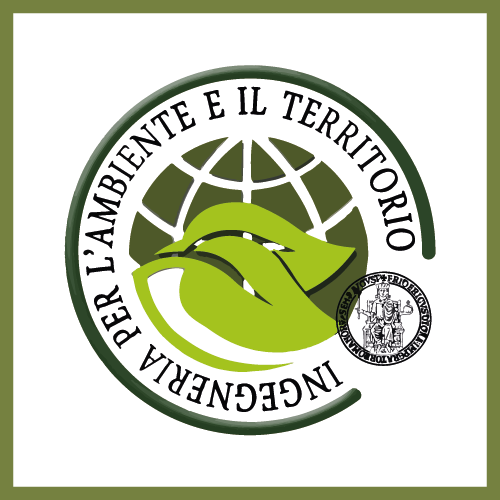Circular bioeconomy for ecological transition
Code:
SSD: ICAR/03
Learning outcomes:
The course is aimed to: i) give the major insights on circular bioeconomy and ecological transition strategies to mitigate climate change and provide energy and food in a sustainable way; ii) describe the main sources of greenhouse gases and the main anthropogenic implications on the natural, fundamental biogeochemical cycles of carbon, nitrogen and phosphorous; iii) present the main national and international protocols and directives on greening and environmental assessment procedures; iv) illustrate the main innovative, bio-based technologies for wastewater conversion to bioenergy and high value bio-commodities and valorization of side-stream products (i.e. biochar and digestate) deriving from the treatment of municipal solid waste; v) present the carbon capture, utilization and storage (CCUS) technologies aimed at the production of sustainable and renewable materials, energy and food.
Contents:
The course aims to give the principles and tools to implement circular bioeconomy and ecological transition strategies, with an emphasis on the issue of mitigation of climate change. Initially, fundamental concepts such as “climate change”, “mitigation”, “adaptation” “resilience”, “regime shift” and “positive/negative feedbacks” as well as the social, economic, ecological and environmental implications associated with climate change are presented. The “quadruple squeeze” and “planetary boundaries” theories are introduced, focusing the attention on the main environmental processes impacted by humans and affecting the prosperity of human mankind on Earth. In this initial part, the main objectives of the 2015 Paris Agreement on Climate, EU Green Deal and the Italian decarbonization strategy by 2050 are illustrated.
Subsequently, the phenomenological bases of the greenhouse effect are presented together with the concepts of “equivalent CO2 concentration” and “global warming potential” related to non-CO2 greenhouse gases (GHGs) (i.e. methane, nitrous oxide and hydrofluorocarbons). All the main sources of GHGs are presented, with a particular emphasis on the energy production and land use change (LUC) systems. The energy transition and the strategies for the implementation ofsustainable agriculture and animal agriculture are in-depth analyzed.
United Nations and EU protocols and directives on green deal, decarbonization and climate change mitigation and adaptation are included. Techniques for the environmental impact identification and assessment, life cycle assessment and environmental authorizations are taken into account.
Then, the fundamental biogeochemical cycles of the main elements (i.e. carbon, nitrogen and phosphorus) are in detail studied as well as the anthropogenic implications on them. Particular attention is given on the innovative bio-based technologies that allow carbon capture and utilization (CCU) and carbon capture and storage (CCS) as well as ensure food security for a rapidly increasing population. The use of microalgal biorefinery, the production and agronomic reuse of biochar, the fermentation of syngas and flue gases (containing H2, CO and CO2) aiming to produce biochemicals, biofuels and biopolymers, and the production of single cell proteins are examined. Advanced biological technologies for wastewater conversion to bioenergy (mainly biomethane and biohydrogen) and high value bio-commodities and the upcycling of carbon, nitrogen and phosphorous from the side-stream products (i.e. biochar and digestate) deriving from the treatment of municipal solid waste are illustrated as well.
The course foresees approximately 12 hours of exercises on case studies on different topics of the course as well as a visit to the laboratory. Furthermore, at least one seminar is given by experts and professionals in the field.
Teaching method: Frontal lessons with slide projections. Exercises on case studies. Laboratory visit and practice. Seminars from expert professionals.
Teaching material: Course educational notes and scientific articles uploaded.
Examination procedures: The final examination consists of an oral exam covering the theoretical and technical aspects described within the course together with the discussion of a case study assigned.

